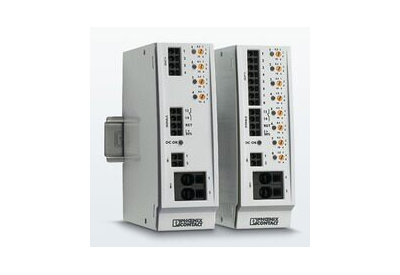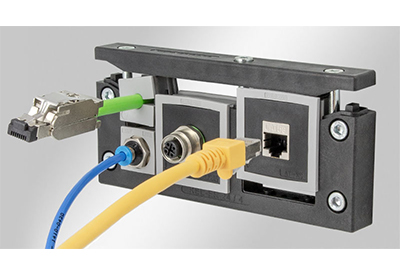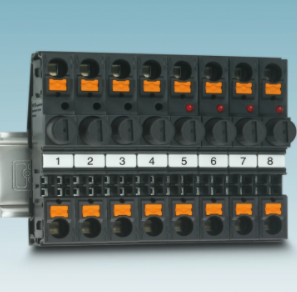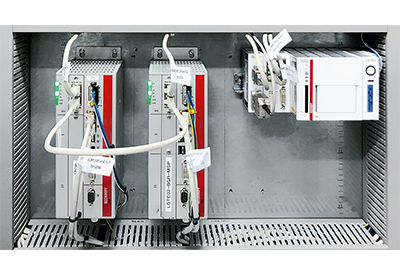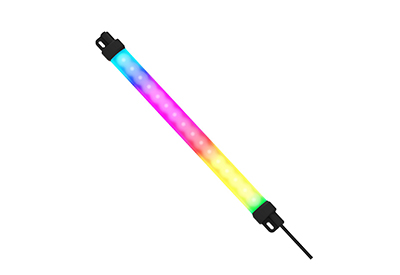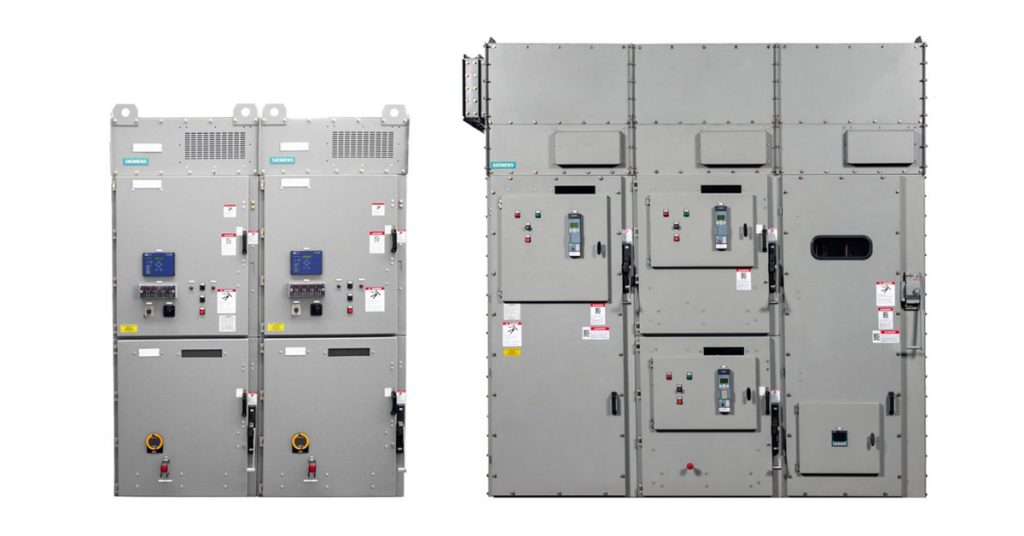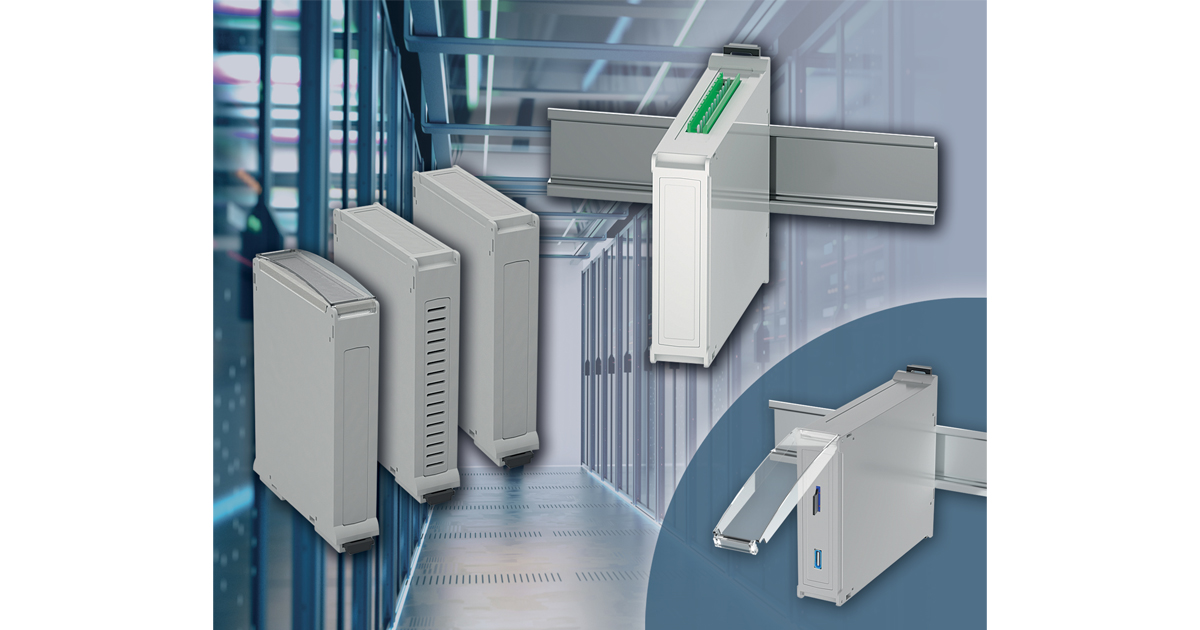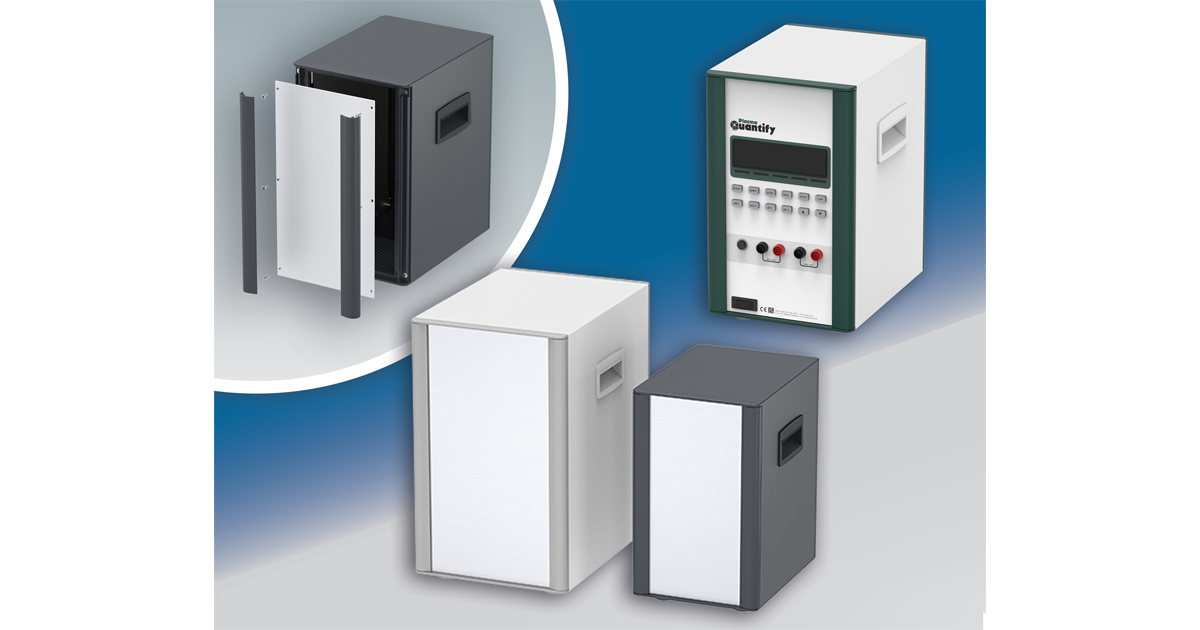SCHURTER: MSS with the Highest IP Protection Class IP6K9K
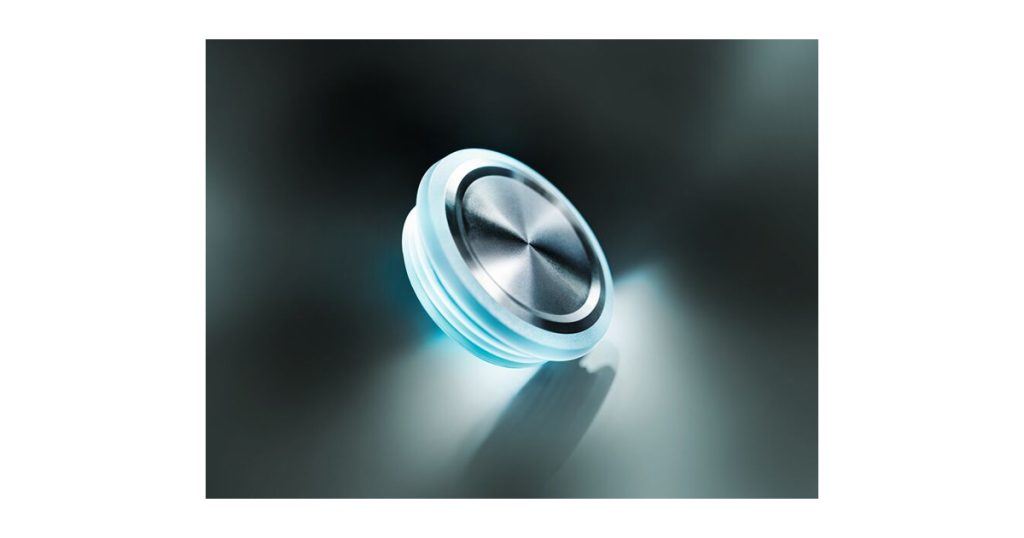
August 19, 2024
Two years ago, SCHURTER launched the innovative MSS electronic switch. The response was outstanding. Compact, ultra-rugged, reliable. In response to numerous customer requests, SCHURTER then subjected the switch to the time-consuming and cost-intensive test for the highest protection class IP6K9K. The result: passed with flying colors.
It is not quite common, but sometimes customers see in a new SCHURTER product exactly the long-awaited potential that they so urgently need. This was the case with the MSS. Had it not been for a tiny stumbling block. SCHURTER very cautiously specified the IP protection class of the MSS family as IP67 in accordance with IEC 60529. Of course, this is sufficient for the vast majority of cases. But there are also applications where an even higher degree of protection is absolutely essential.
Several customers therefore asked whether SCHURTER could initiate a test report from an independent test laboratory for the very highest protection class IP6K9K. Such a test report is complex, time-consuming and cost-intensive. Nevertheless, SCHURTER went down this route. And the MSS switches have passed the most stringent requirements in terms of protection class with flying colors. This means that nothing stands in the way of their use in even the most demanding applications.
What does IP6K9K mean?
IP stands for “International Protection”. In English-speaking countries, however, it is preferably translated as “Ingress Protection”. The IP protection class must be distinguished from the electrical protection class. The IP protection class is usually made up of two digits. The first digit stands for protection against the ingress of foreign particles or contact. The second digit indicates protection against water. IP6K9K – the highest possible, extremely rare rating – therefore stands for absolute impermeability against dust and protection against contact as well as protection against water during high-pressure/steam jet cleaning at high temperatures.



